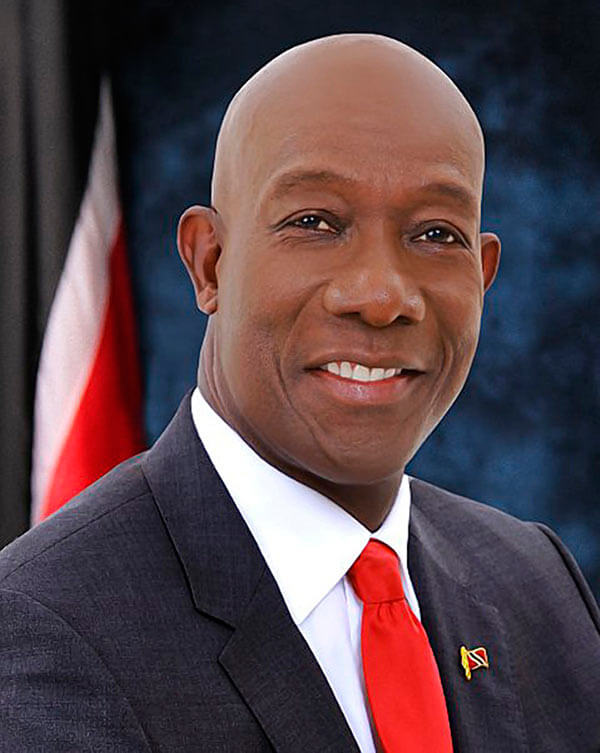An international company specializing in online privacy issues has blamed hackers for invading its servers and sending terrorist threats to nearly 60 schools in Trinidad last week, forcing their closure and causing severe panic.
Latvia-based BEEBLE said it was not directly responsible for bomb scare threats to dozens of schools across Trinidad on Friday because hackers had successfully penetrated its servers between April 25-28, using the platform to send terror threats to schools. Government and police immediately ordered the closure and evacuation of the schools after the threats were revealed. Nine of the schools were in sister isle, Tobago.
Prime Minister Keith Rowley addressed the issue earlier this week, appearing to directly link the disturbance in the education system to the main opposition United National Congress (UNC) and its stepped political activism of recent as parties prepare for general elections in 2025.
“You think that it is accidental that on the very day that the opposition is having a vote of no-confidence against National Security Minister Fitzgerald Hinds, you wake up and nearly all the schools have a bomb threat? Do you think that was accidental? Rowley asked. The party has flatly condemned the PM’s remarks, calling them irresponsible and dotish. Rowley also blamed “misguided terrorists miscreants for the situation, characterizing it as an attempt to disrupt the delivery of education.
Local newspaper, Newsday, is reporting that a special police team is pursuing some promising leads. The company is adamant that it is not to blame.
“Unfortunately, our service was subjected to a targeted attack between 25.04.23 and 28.04.23 through the use of terrorist e-mails sent from our domain. We strongly condemn such heinous acts and are taking swift action to prevent such a thing from happening again. We remain unwavering in our commitment to keep our platform safe and secure for all users,” the firm stated in a reply to Newsday.
The emails to schools had indicated that explosives were lodged at the institutions, leading to mass evacuations.
Still, Security Minister Hinds says it might well be too early to describe last Friday’s incidents as terrorism, but labeled them as an “abominable act but not yet as terrorism.
“I am in no position to say that. The matter is under investigation, and I await the outcome of the police investigations to determine what it was. It may have just been an ordinary miscreant,” Hinds told lawmakers.
The bomb scares came in the midst of advanced preparations for Caribbean Examinations Council (CXC) annual high school graduation examinations and just as the final term for the academic year had begun.
Trinidad has had some significant troubles with acts of terrorism in the past. In July 1990, a group of more than 100 local Muslims violently attacked parliament, police stations, the state-owned television stations and other facilities to protest the state of the nation at the time. Prime Minister Ray Robinson was shot in the leg as the men held the nation under siege for nearly a week.

























